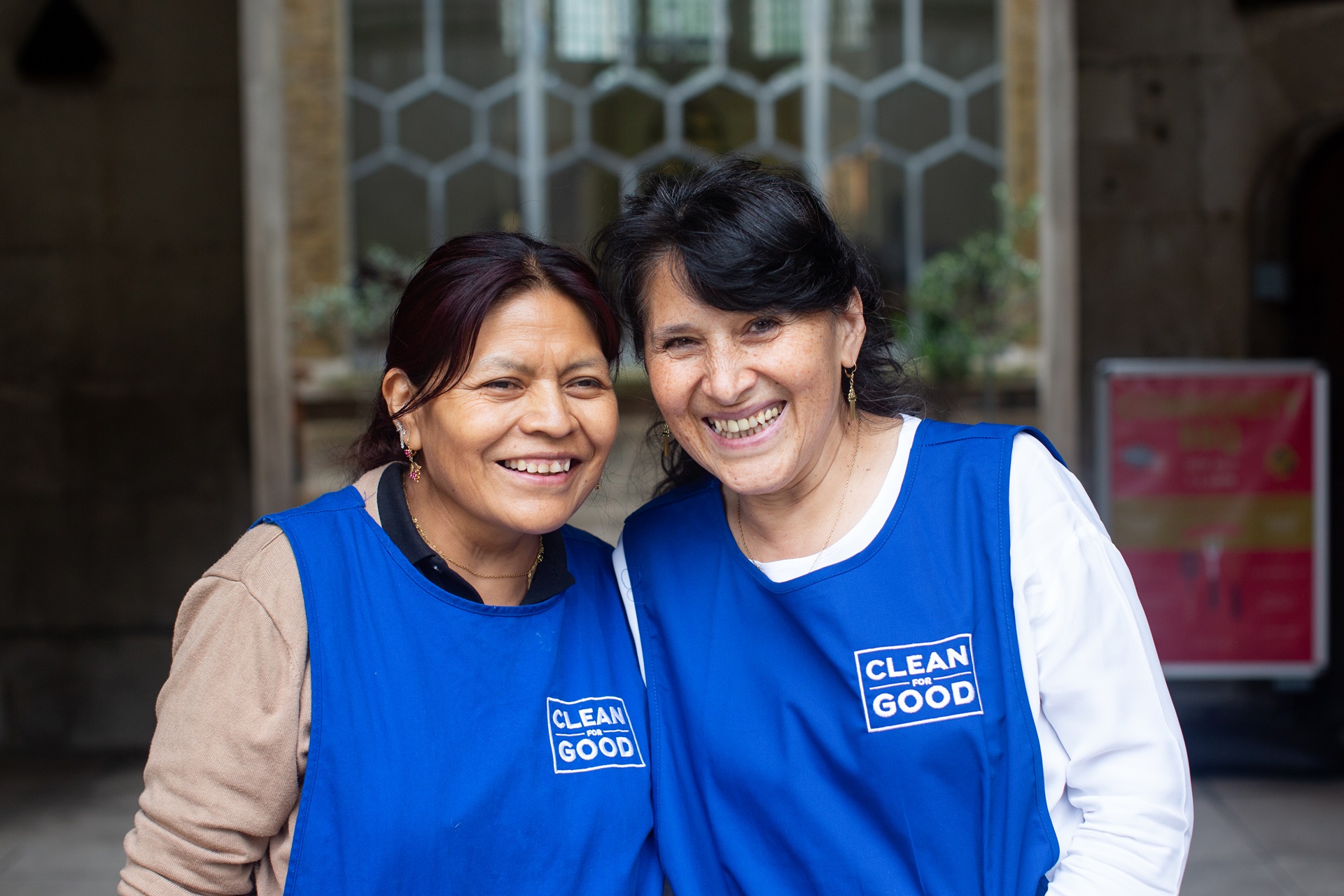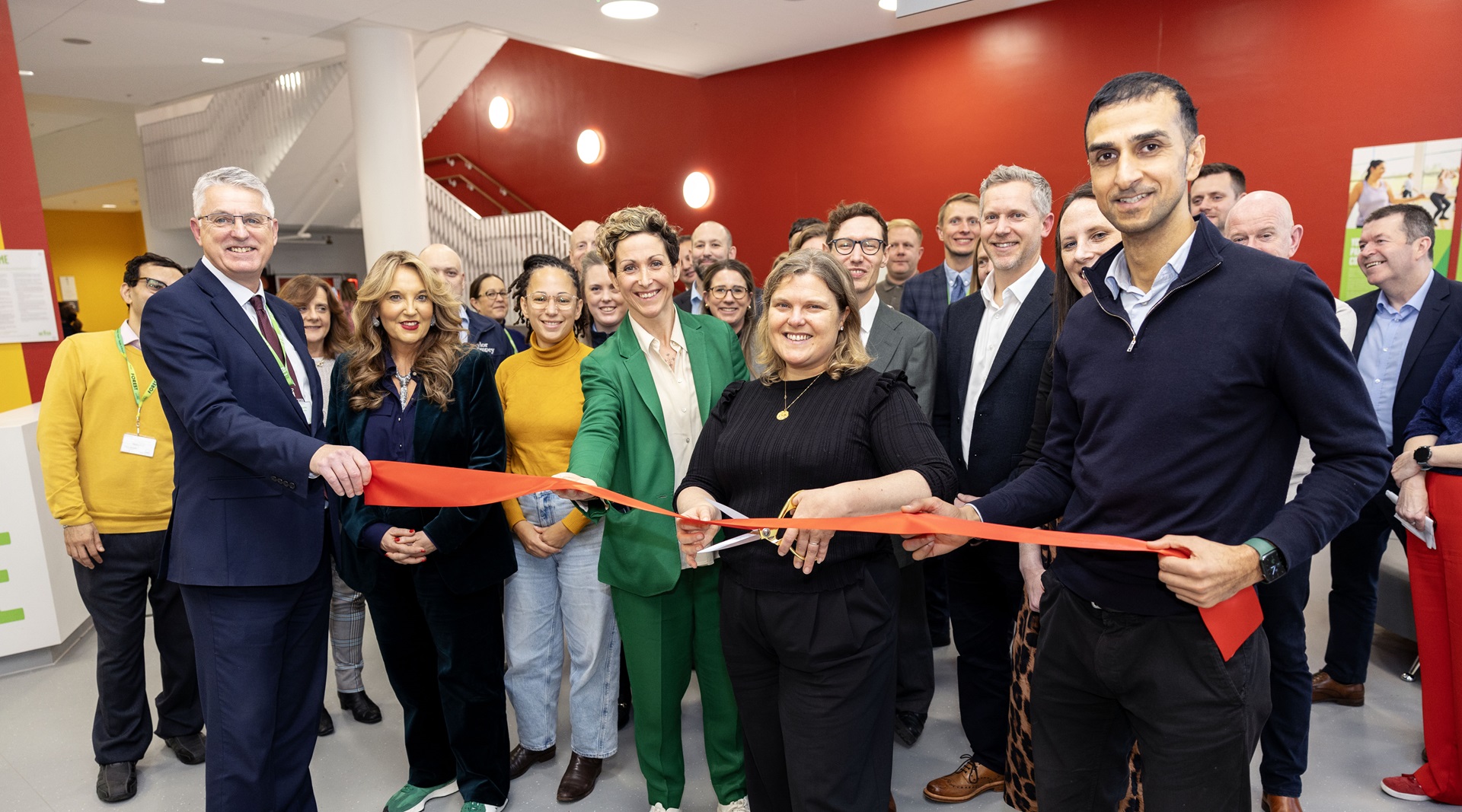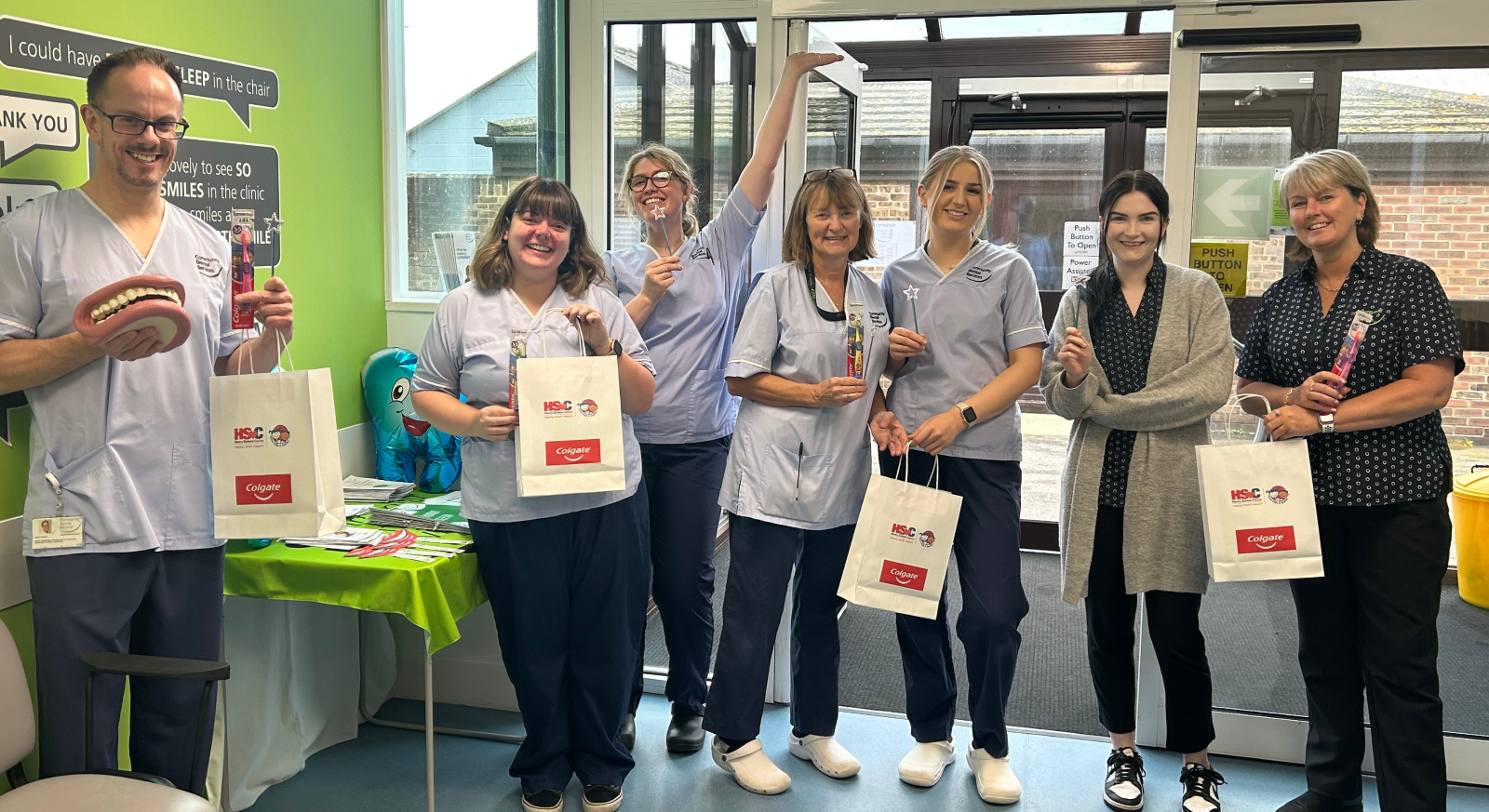
Member updates
Zaytoun welcomes Mike Gidney to its Board of Directors
Zaytoun, the pioneering social enterprise supporting the resilience of Palestinian communities through fair trade, is proud to welcome Mike Gidney, outgoing CEO of the Fairtrade Foundation, to its Board of Directors. Mike Gidney brings over a decade of leadership at the helm of the Fairtrade Foundation, where he championed the cause of justice and empowerment for small-scale producers facing very different challenges all over the world. His commitment to building equitable supply chains aligns seamlessly with Zaytoun’s mission to connect Palestinian farmers and producers with international markets. “Zaytoun is the very best of Fairtrade – a great range products, all wonderful quality, which enable farming communities to withstand the enormous challenges they face, and to plan for a better future”, said Mike Gidney. “I’m honoured to join Zaytoun’s Board at such a significant moment in its history. For 20 years, Zaytoun has demonstrated the transformative power of fair trade, in supporting Palestinian small-scale producers. I look forward to contributing to its continued growth and impact.” “We’re thrilled to welcome Mike to our Board at this pivotal moment in Zaytoun’s journey,” said Manal Ramadan White, Managing Director of Zaytoun. “His leadership at the Fairtrade Foundation has been truly transformative, advancing trade justice and ensuring the Fairtrade mark remains a symbol of integrity and impact. His expertise in fair trade and global advocacy will be invaluable as we continue to champion Palestinian producers and navigate an increasingly challenging landscape.” Mike Gidney’s appointment comes as Zaytoun celebrates its 20th anniversary – his vast experience and visionary leadership will support Zaytoun’s efforts to grow its reach and expand market opportunities for Palestinian products in the UK and Ireland. By creating and growing a market for Palestinian products here in the UK and Ireland, Zaytoun is helping ensure a reliable and fair income stream for farmers and producers in the West Bank. As farming and food production is one of the few sources of income left to Palestinians, cultivating and selling their products is more vital than ever, both to ensure the resilience of farming communities and to help prevent confiscation of land that has been in families for centuries. Supporting Palestinians by buying their products is also an act of solidarity which is felt deeply in the West Bank.
2 min







